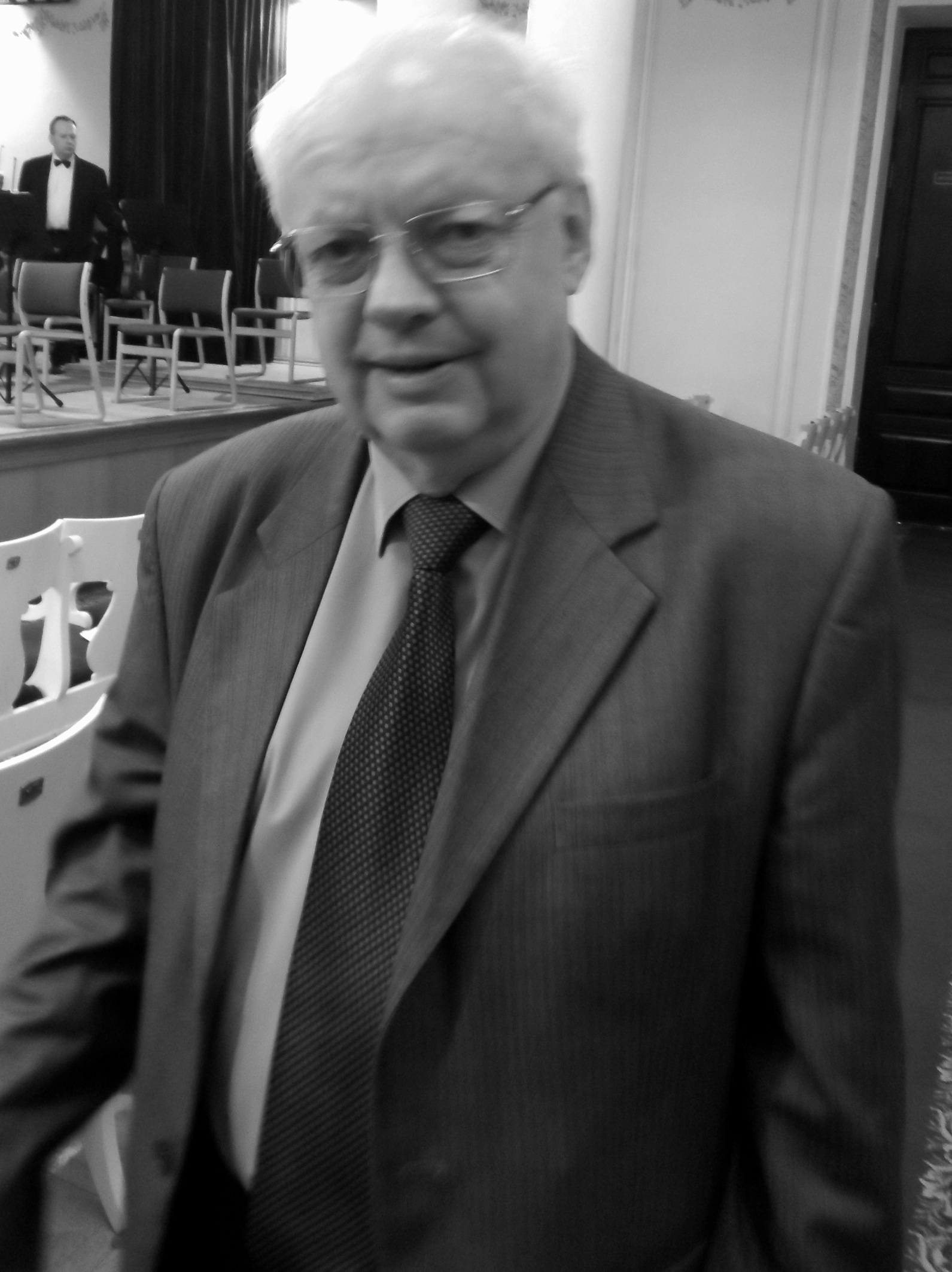Moses (Skoryk) on:
[Wikipedia]
[Google]
[Amazon]
''Moses'' () is an

opera
Opera is a form of History of theatre#European theatre, Western theatre in which music is a fundamental component and dramatic roles are taken by Singing, singers. Such a "work" (the literal translation of the Italian word "opera") is typically ...
by Myroslav Skoryk
Myroslav Mykhailovych Skoryk (; 13 July 1938 – 1 June 2020) was a List of Ukrainian composers, Ukrainian composer and teacher. His music is contemporary in style and contains stylistic traits from Ukrainian folk music traditions.
Skoryk wa ...
, based on the 1905 poem of the same name by Ivan Franko
Ivan Yakovych Franko (, ; 27 August 1856 – 28 May 1916) was a Ukrainian poet, writer, social and literary critic, journalist, translator, economist, political activist, doctor of philosophy, ethnographer, and the author of the first d ...
. The libretto
A libretto (From the Italian word , ) is the text used in, or intended for, an extended musical work such as an opera, operetta, masque, oratorio, cantata or Musical theatre, musical. The term ''libretto'' is also sometimes used to refer to th ...
is by the composer and Bogdan Stelmakh. The opera is divided into two acts and five scenes, with a prologue and epilogue. It was first performed at the Lviv Theatre of Opera and Ballet
The Solomiya Krushelnytska Lviv State Academic Theatre of Opera and Ballet () or Lviv Opera (, ) is an opera house located in Lviv, Ukraine's largest western city and one of its cultural centres. Originally built on former marshland of the sub ...
on 20 May 2001, to coincide with the visit of Pope John Paul II
Pope John Paul II (born Karol Józef Wojtyła; 18 May 19202 April 2005) was head of the Catholic Church and sovereign of the Vatican City State from 16 October 1978 until Death and funeral of Pope John Paul II, his death in 2005.
In his you ...
to Ukraine (23–27 June 2001).
Roles
Synopsis
Franko's poem was conceived as an allegory of the Ukrainian people, which he saw as having great potential but weakened by political division. The poem, based on theMoses
In Abrahamic religions, Moses was the Hebrews, Hebrew prophet who led the Israelites out of slavery in the The Exodus, Exodus from ancient Egypt, Egypt. He is considered the most important Prophets in Judaism, prophet in Judaism and Samaritani ...
of the Bible, sees Moses, after forty years leading the Children of Israel in the desert, under attack from a revolt by Dathan
Dathan ( ''Dāṯān'') was an Israelite mentioned in the Old Testament as a participant of the Exodus.
He was a son of Eliab, the son of Pallu, the son of Reuben. Together with his brother Abiram, the Levite Korah and others, he rebelled a ...
and Abiram Abiram, also spelled Abiron ( "my father is exalted"), is the name of two people in the Old Testament.
* One was a member of the Tribe of Reuben, the son of Eliab, who, along with his brother Dathan, joined Korah in the conspiracy against Moses ...
. Moses leaves the camp to meditate; in his absence, the Israelites worship the Golden Calf
According to the Torah, the Bible, and the Quran, the golden calf () was a cult image made by the Israelites when Moses went up to Mount Sinai (bible), Mount Sinai. In Hebrew, the incident is known as "the sin of the calf" (). It is first mentio ...
. In the desert, Moses is tempted by an evil spirit, Azazel
In the Hebrew Bible, the name Azazel (; ''ʿĂzāʾzēl'') represents a desolate place where a scapegoat bearing the Jewish views on sin, sins of the Jews was sent during Yom Kippur. During the late Second Temple period (after the Development ...
, and also by the ghost of his mother Jochebed, who seek to get him to renounce God (Jehovah
Jehovah () is a Romanization, Latinization of the Hebrew language, Hebrew , one Tiberian vocalization, vocalization of the Tetragrammaton (YHWH), the proper name of the God in Judaism, God of Israel in the Hebrew BibleOld Testament. The Tetr ...
). Jehovah creates a storm in which Moses is swept away. The Israelites immediately panic and condemn Dathan and Abiram to death. Joshua
Joshua ( ), also known as Yehoshua ( ''Yəhōšuaʿ'', Tiberian Hebrew, Tiberian: ''Yŏhōšuaʿ,'' Literal translation, lit. 'Yahweh is salvation'), Jehoshua, or Josue, functioned as Moses' assistant in the books of Book of Exodus, Exodus and ...
prepares to lead them to the Promised Land.
The prologue and epilogue of the original poem are an address by the poet to the Ukrainian people, making the parallels of the story explicit.Franko, Ivan, tr. Iryna Husar (2010).''Мойсей'' (edition in Ukrainian and German). Lviv: Ivan Franko University. . PP 39-43 & 225-231 They are retained in shortened form in the opera. The only significant story-line change in the opera is to introduce Joshua and his wife Liya (who does not appear at all in the poem) early in the story as defenders of Moses against Dathan and Abiram.
References
{{portal bar, Opera, Classical music, Music Operas 2001 operas Ukrainian-language operas Operas based on the Bible Cultural depictions of Moses Operas by Myroslav Skoryk